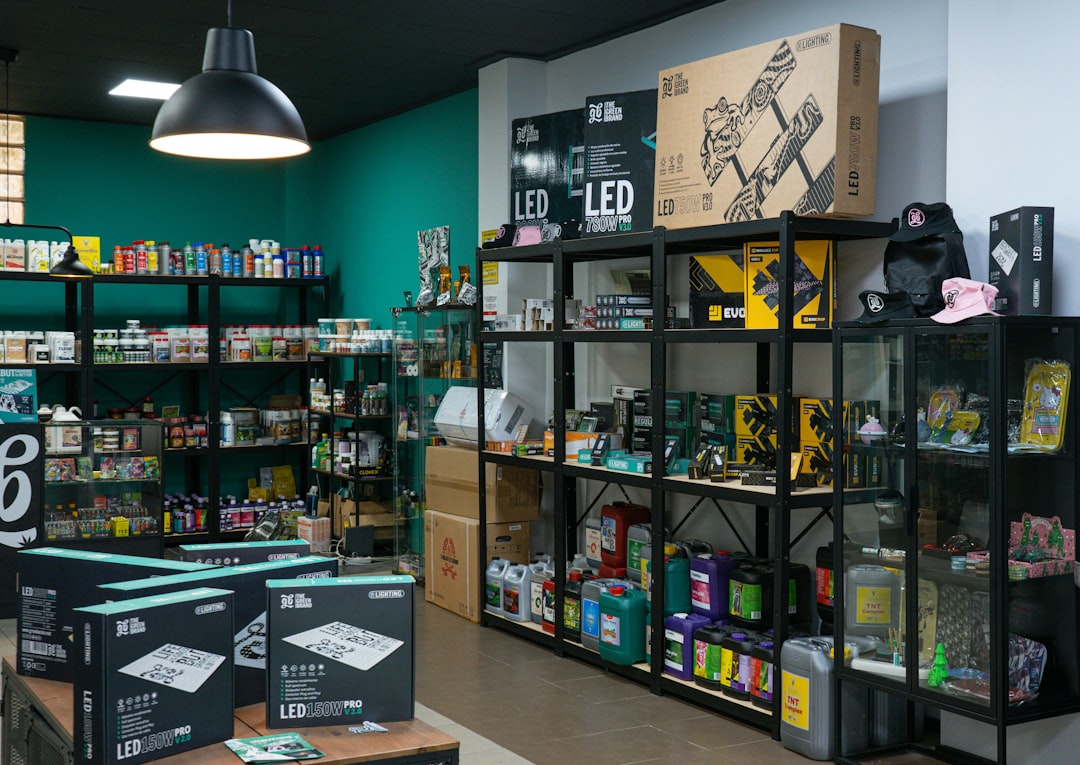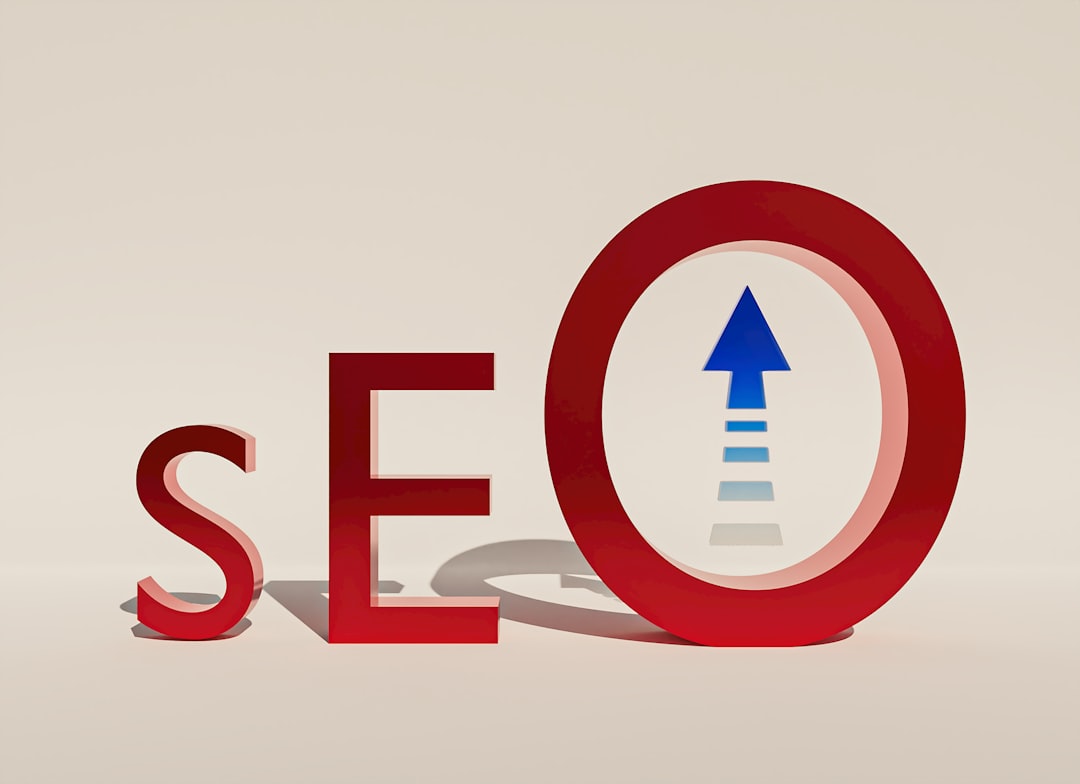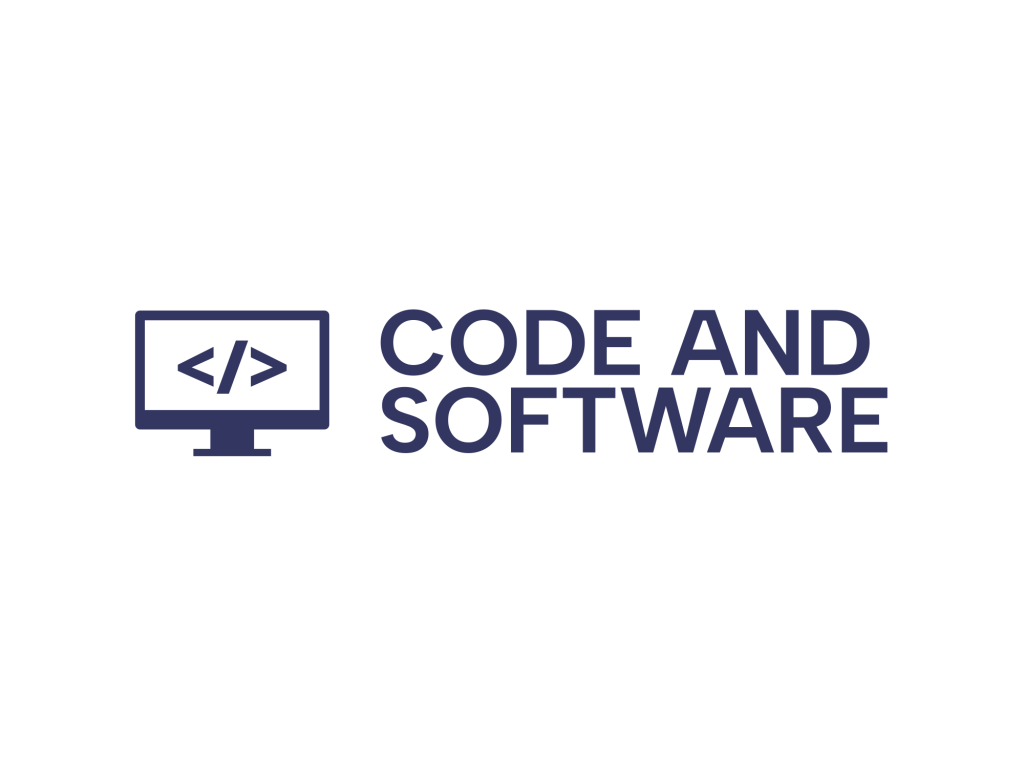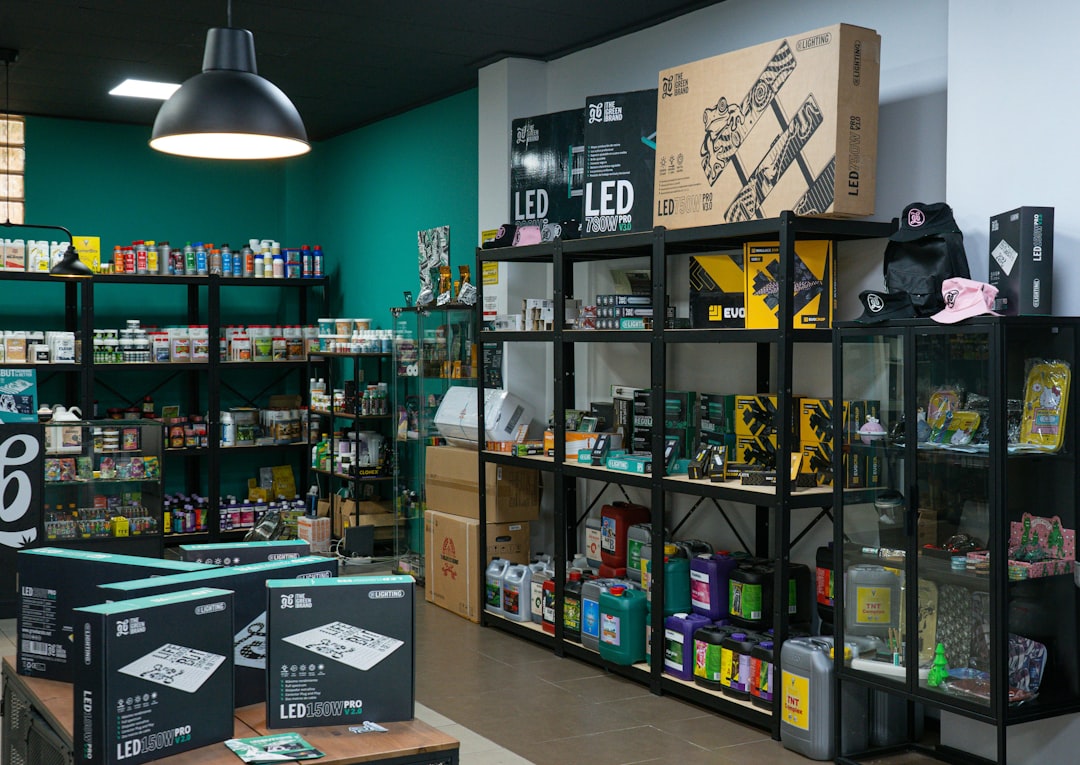In today’s competitive digital landscape, securing a firm foothold in the ecommerce arena requires more than just launching an online store and promoting a few social media posts. Successful ecommerce brands are built on sophisticated marketing approaches, driven by data insights, and tailored for evolving consumer behaviors. This level of expertise often comes from partnering with a seasoned ecommerce marketing agency that understands the nuances of omnichannel strategy, performance marketing, and optimization.
A reputable ecommerce marketing agency employs a set of well-honed strategies to drive consistent traffic, improve conversion rates, and increase overall sales. Below, we delve into the top strategies these agencies use to help ecommerce businesses achieve sustainable growth and long-term success.
1. Comprehensive Customer Persona Development
Understanding the target customer is foundational for any marketing success. A strong ecommerce marketing agency begins its process with in-depth persona research to define who the ideal customers are and what drives their purchasing decisions. This involves segmenting the audience based on:
- Demographics: Age, income, location, occupation
- Psychographics: Interests, values, lifestyle choices
- Behavioral patterns: Purchase history, browsing habits, response to ads
With accurate personas, agencies can tailor content, offers, and outreach strategies that resonate with specific customer needs and pain points, laying the groundwork for better engagement and higher conversions.
2. Conversion Rate Optimization (CRO)
Driving traffic to an ecommerce site is only half the battle. A critical role of a skilled agency is to turn that traffic into paying customers by optimizing every aspect of the website. Through rigorous conversion rate optimization, agencies analyze how users interact with a site and use data-driven techniques to enhance the shopping experience.
Some CRO techniques include:
- Streamlining the checkout process to reduce cart abandonment
- Improving page load times and mobile responsiveness
- Conducting A/B testing on product pages, CTAs, and pricing displays
- Adding trust signals such as badges, customer reviews, and return policies
Each small tweak contributes to a more seamless customer journey, ultimately increasing the percentage of visitors that make a purchase.

3. High-ROI Performance Marketing Campaigns
One of the most impactful techniques used by ecommerce marketing agencies is multi-channel performance marketing, which aims to generate measurable results through paid advertising. These campaigns are carefully crafted and continuously optimized across various platforms such as:
- Google Shopping Ads: Targeting buyers actively searching for specific products
- Facebook and Instagram Ads: Highly visual and targeted based on custom audiences
- PPC Campaigns: Text-based ads on search engines optimized by keywords
By constantly monitoring ad performance and allocating budget to the best-performing channels and creatives, agencies ensure that every advertising dollar contributes directly to ROI. They also make strategic use of retargeting to re-engage potential customers who have previously shown interest but did not convert.
4. Strategic Email Marketing Automation
Email continues to be one of the most effective tools in ecommerce, especially when leveraged properly through segmented automation flows. Agencies build advanced email strategies tailored to different stages of the customer journey, including:
- Welcome series for new subscribers
- Abandoned cart reminders
- Post-purchase follow-ups and review requests
- Loyalty and win-back sequences
These campaigns are often triggered by user behaviors, ensuring that each message feels timely and relevant. Personalization, compelling copywriting, and actionable CTAs are keys to making these campaigns effective in driving repeat purchases and brand loyalty.
5. Search Engine Optimization (SEO) and Content Marketing
Paid ads can generate immediate visibility, but sustainable growth depends on solid SEO foundations and content strategies. Ecommerce marketing agencies invest in comprehensive keyword research and implement on-page and technical SEO best practices, including:
- Optimizing product titles, descriptions, and metadata
- Creating a logical URL structure and internal linking system
- Improving mobile usability and site speed
- Building authoritative backlinks and domain trust
In addition, content marketing plays a powerful supporting role through informative blog posts, how-to guides, product comparison articles, and video tutorials. This practice not only increases organic traffic but also helps nurture customers through the decision-making process.

6. Social Proof and Influencer Integration
Modern consumers rely heavily on social validation before making purchases. Agencies understand this and integrate social proof mechanisms throughout the sales funnel. These include:
- Displaying customer reviews, testimonials, and user-generated content
- Building influencer-led campaigns that align with the brand voice
- Featuring social media highlights or real-time purchase notifications
Strategically partnering with micro- and macro-influencers also helps tap into highly engaged audiences. Unlike simple endorsements, these collaborative efforts often involve co-created content that drives authenticity and trust.
7. Data Analysis and KPI Tracking
What sets top ecommerce agencies apart is their unwavering commitment to data-driven decision-making. Every campaign, strategy, or design tweak is evaluated through a rigorous lens of analytics. Agencies continuously monitor KPIs such as:
- Customer Acquisition Cost (CAC)
- Lifetime Value (LTV)
- Conversion rates by source and funnel stage
- Cart abandonment rates
Using analytic tools like Google Analytics, Shopify dashboards, Klaviyo insights, and heatmapping tools such as Hotjar, an agency can pinpoint what’s working—and what’s not—and adjust strategies accordingly.
8. Loyalty and Subscription Program Development
Retention is just as critical as acquisition. Agencies often guide clients in developing loyalty programs and subscription models that reward repeat business and ensure consistent revenue. These might include:
- Points-based systems for purchases and referrals
- Exclusive member discounts or early access to sales
- Curated monthly box subscriptions or product bundles
By nurturing brand advocates and repeat customers, businesses benefit from reduced churn and increased profitability over time.
9. Agile Testing and Iteration
One of the hallmarks of a successful ecommerce marketing agency is its ability to stay flexible. Rather than relying on single, static campaigns, top agencies deploy strategies in incremental testing cycles to constantly improve outcomes. A/B testing, multivariate testing, and iterative campaigns allow them to refine and scale what works, while eliminating what doesn’t.
Using this agile approach, marketing efforts remain dynamic and responsive to fast-changing market conditions, consumer sentiments, and new technologies.
10. Personalized Customer Experiences
To stand out in a crowded market, personalization is key. Agencies leverage customer data to deliver individualized experiences across all touchpoints—from showing tailored product recommendations on websites to delivering personalized emails based on browsing behavior. This granular approach allows brands to make customers feel seen, valued, and understood, resulting in deeper relationships and higher customer lifetime value.

Conclusion
The ecommerce space is continually evolving, and staying ahead requires a marketing approach grounded in expertise, analytics, and adaptability. Partnering with a successful ecommerce marketing agency means gaining access to a wealth of tested strategies—from persona development to performance marketing, SEO, CRO, and beyond.
By integrating these top strategies holistically, ecommerce businesses not only boost their sales but build long-term brand equity and customer loyalty. With the right agency at the helm, there is real potential for transformational growth and enduring success in the digital marketplace.

